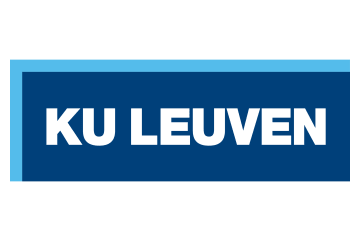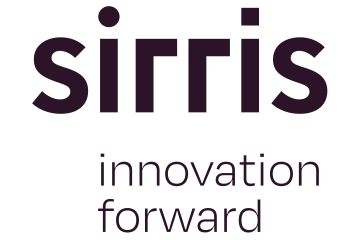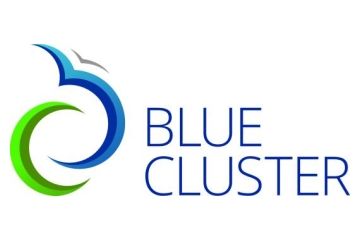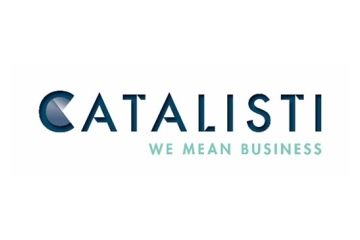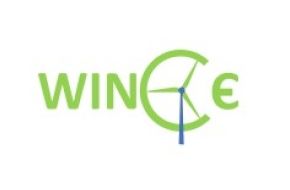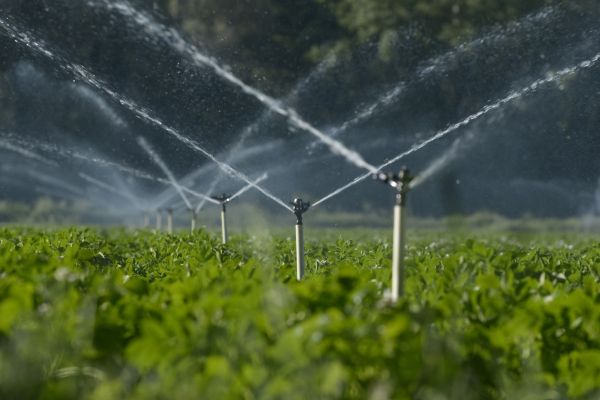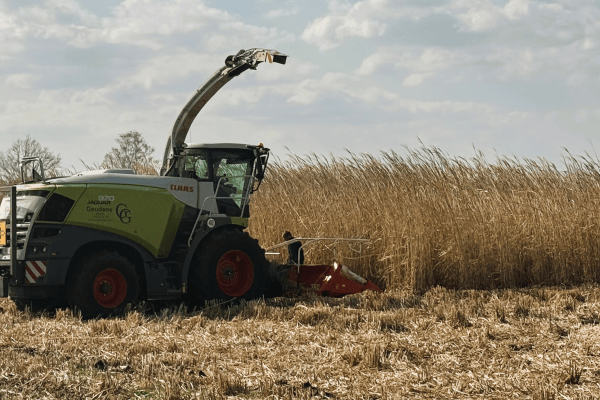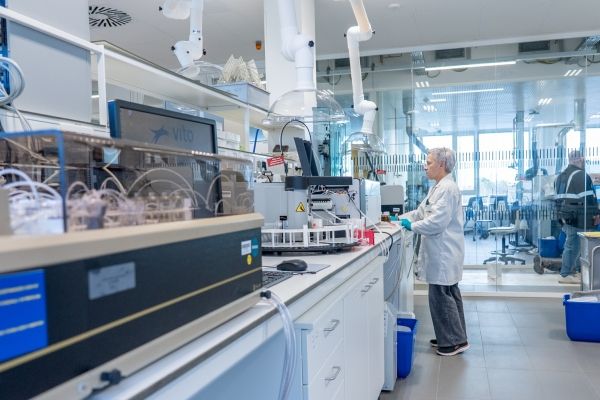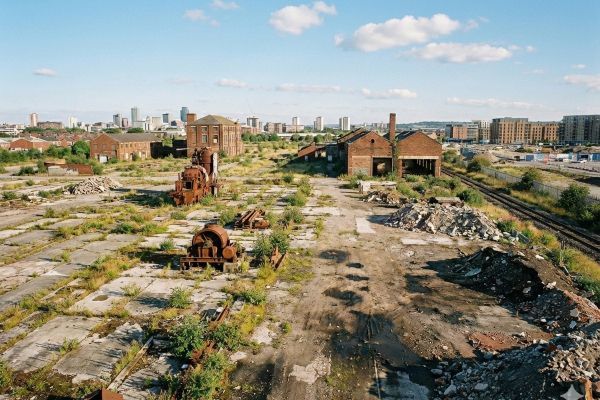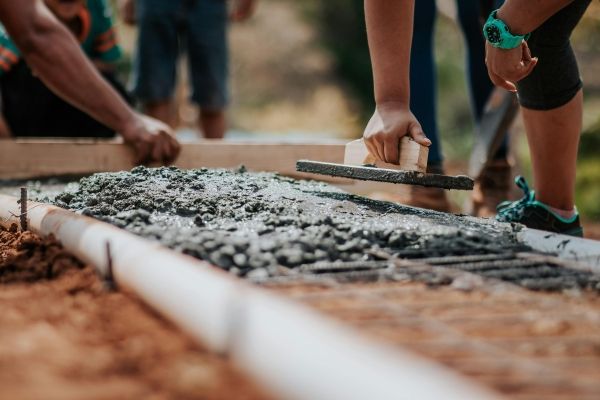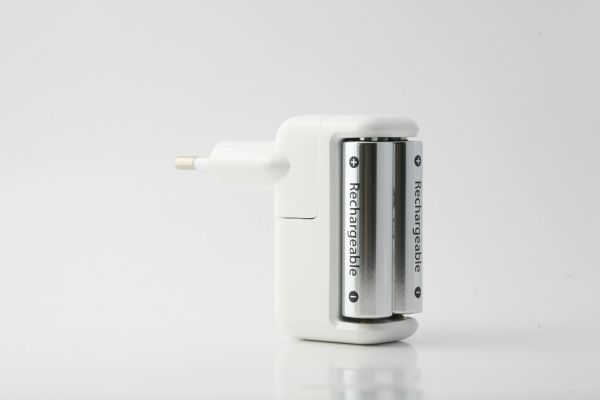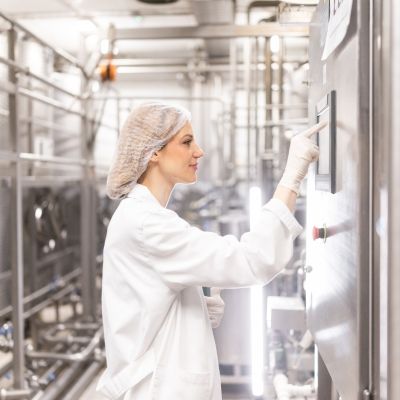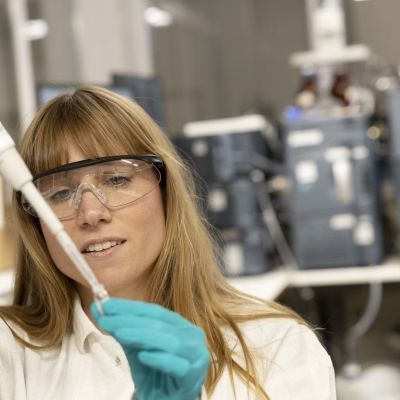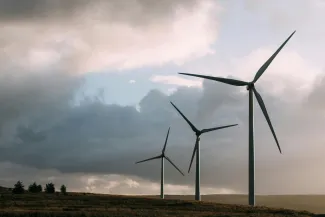
WIN-CE: Catalytic solutions for end-of-life wind turbine blades (in a circular economy)
Win-CE aims to investigate an innovative chemical recycling process for end-of-life wind turbine blades that realises simultaneous and complete valorisation ofboth inorganic glass fibres and organic resin matrix.
Wind energy is a crucial and cost-efficient pillar of the European energy mix. Wind turbines quickly pay back their energy investment and have a long lifespan, but many installations are approaching decommissioning, requiring efficient recycling. Although 80-90% of a turbine (mainly steel) is recycled, the blades (10-20%) remain a challenge.
Made of fiberglass composites, they are largely landfilled, incinerated, or used in cement production, leading to high costs and environmental damage. Reuse and mechanical recycling are limited, while new methods such as solvolysis and pyrolysis are still in development. There is an urgent need for innovative solutions to recycle composites efficiently. A circular value chain is essential to ensure the sustainable growth of wind energy.
Innovative chemical recycling process
Win-CE aims to investigate an innovative chemical recycling process for end-of-life wind turbine blades that realizes simultaneous and complete valorisation ofboth inorganic glass fibres and organic resin matrix. The process will consist of two steps, including (1) mild solvolysis to enable efficient separation of inorganic glass fibre and organic resin matrix, followed by (2) selective catalytic ammono-/aminolysis to convert the collected resin product into valuable aromatic di- and triamines.
The research will include novel and innovative catalytic and process intensification concepts to increase productivity at lower operational temperatures to maximally retain the intrinsic functional properties of the fibres ensuring higher added value for re-use. Also, for the first time, this unique approach aims to co-valorise the matrix as amine curing agents, which are the most valuable compounds in blade composite production.
The scalability and technoeconomic and sustainability performance indicators will be monitored and used to guide the process. The most promising reprocessing and valorisation routes towards different composites will also be identified.
Collaboration supported by VLAIO
The WIN-CE project (HBC.2023.1006) involves strategic basic research in cluster context (cSBO) and is a collaboration under the umbrella of the Flemish spearhead clusters Catalisti and De Blauwe Cluster, which accelerate innovation into business in Flanders’ chemical and plastics industry, and blue economy. The project is supported by Flanders Innovation & Entrepreneurship (VLAIO).
This multi-partner innovation project involves a collaboration between four research groups of three knowledge institutes (VITO, KU Leuven and Sirris) and is supported by 19 advisory board members.




